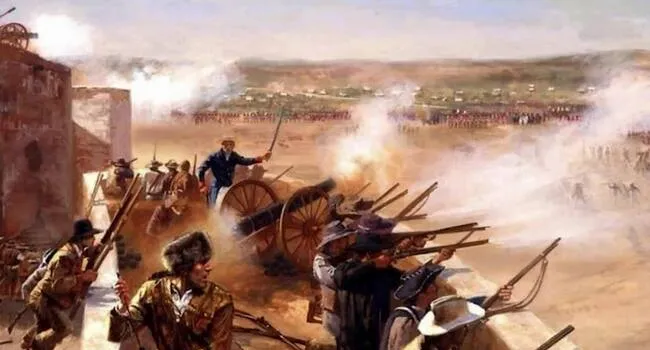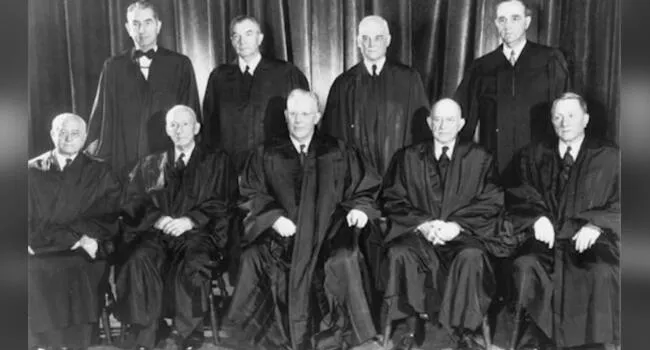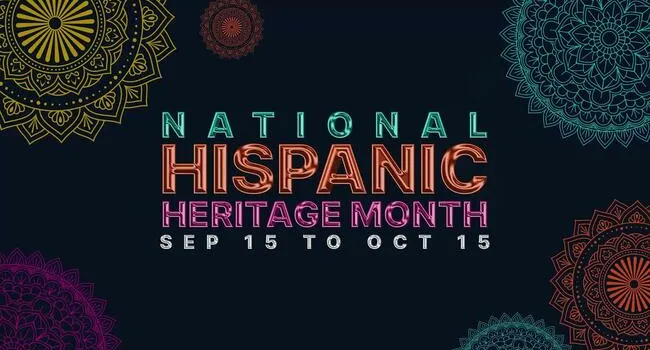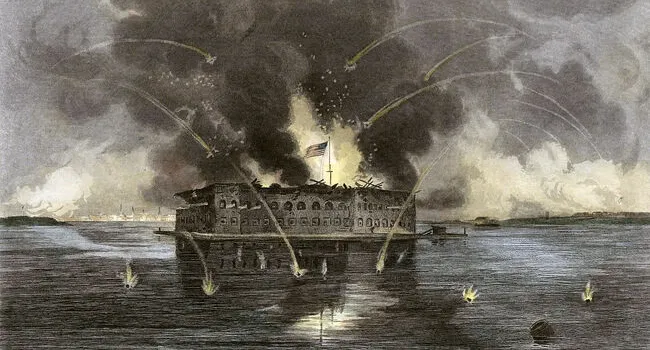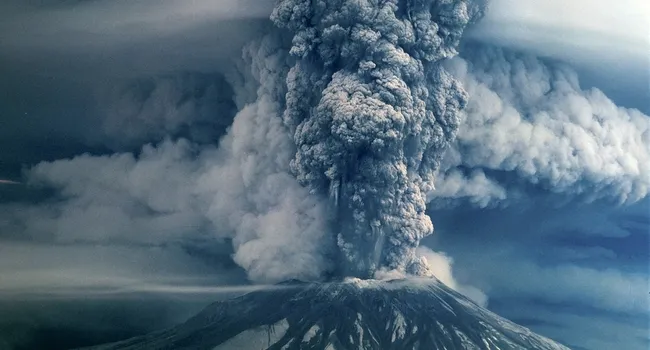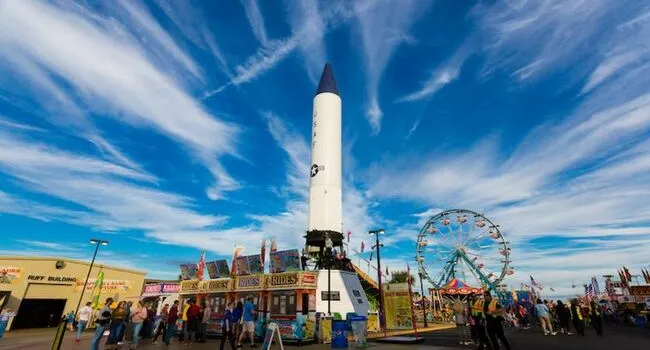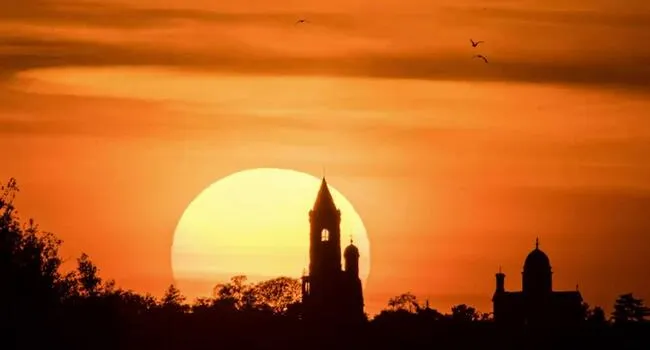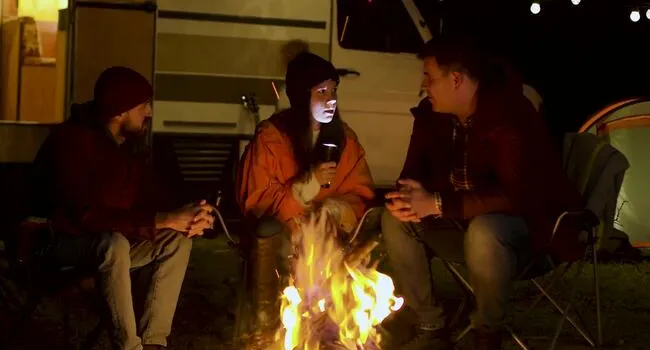Native American “Code Talkers” played a crucial role in the allied victory in World War II. Coined by the U.S. Marine Corps, a “Code Talker” is the term given to American Indians who used their tribal languages to send secret coded communications on the battlefield. Although the tactic of using native languages to transmit secret messages was first tested in World War I, it wasn’t until World War II that the US military developed a specific policy to recruit and train Native American speakers as battlefield communicators.
While the U.S. Marine Navajo Code Talkers in the Pacific Theater are arguably the most well-known, members from at least 14 other Native nations served as Code Talkers during WWII. Being a Code Talker was an especially dangerous job in the Pacific Theater since Japanese forces were ordered to specifically target officers, medics, and radiomen.
Despite the heroic contributions of these Code Talkers during the war, recognition was slow even after the Code Talkers program was declassified in 1968. There was some recognition throughout the 1970's and 1980's - President Ronald Reagan recognized Navajo Code Talkers by naming August 14, 1982 as Navajo Code Talkers Day. On December 21, 2000, President Bill Clinton signed Public Law 106–554, 114 Statute 2763, which awarded the Congressional Gold Medal to the original 29 World War II Navajo code talkers and Silver Medals to each person who qualified as a Navajo code talker (approximately 300). The Code Talkers Recognition Act of 2008 further expanded recognition by honoring Code Talkers from both world wars. It was signed into law by Pres. George W. Bush on November 15, 2008.
The Navajo Code remains the only military code in modern history to never be broken by an enemy.

